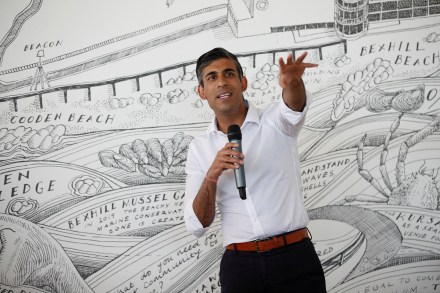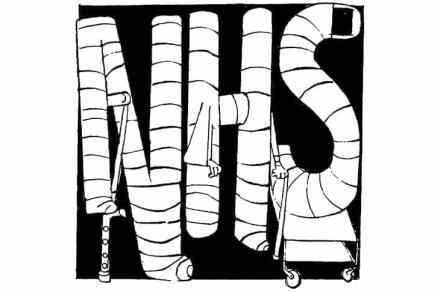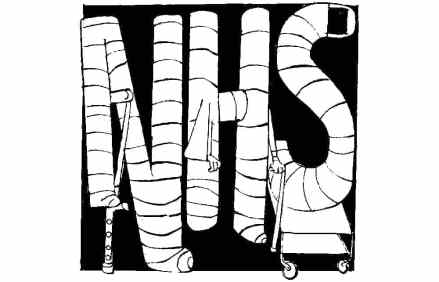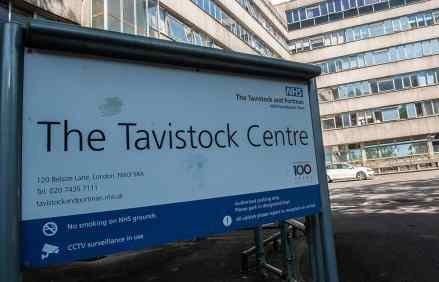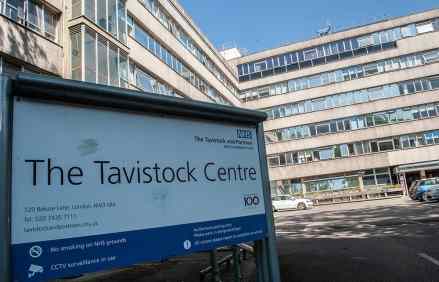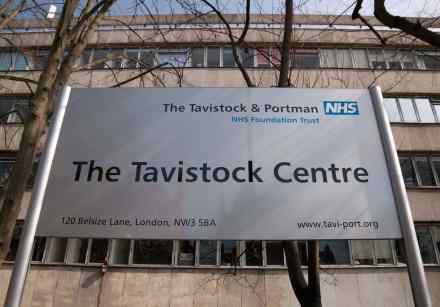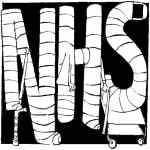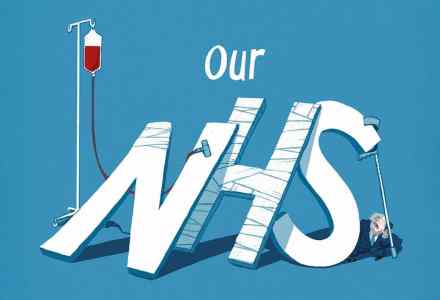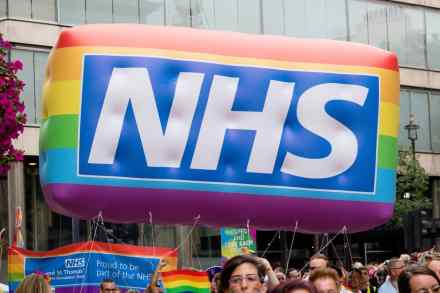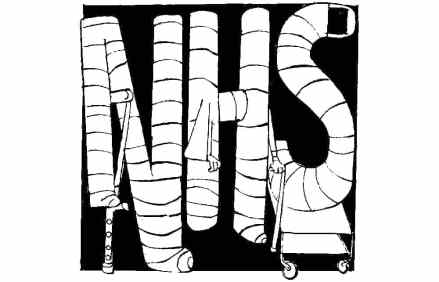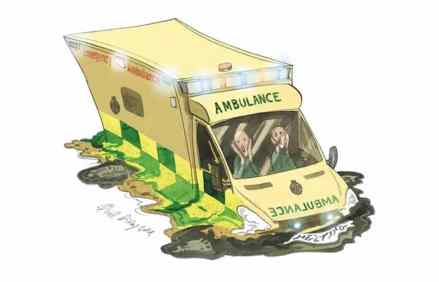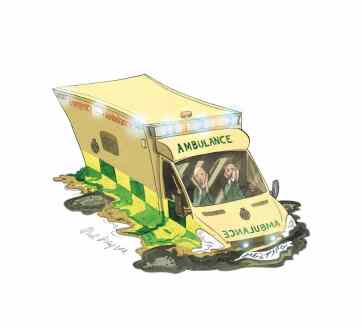It’s time for some home truths, Rishi
I wonder how many people in the country are bitterly disappointed that Liz Truss pulled out of her exciting one-to-one interview with Nick Robinson? I can think of only two. First, of course, Nick Robinson. Nick was very much looking forward to it. His ideal assignment would be to interview himself for an entire afternoon, but failing that, Liz Truss would do just fine. The other, of course, is Rishi Sunak, who must have been hoping that Liz would dig herself another hole and carry on digging until she emerged somewhere near Maruia Springs, say, in New Zealand’s Southern Alps. I suppose it is just about possible that some of
